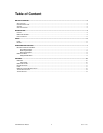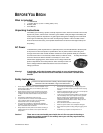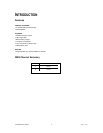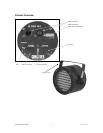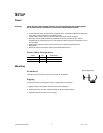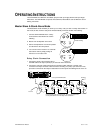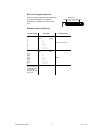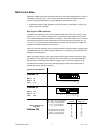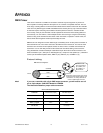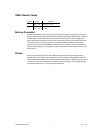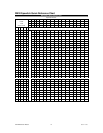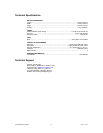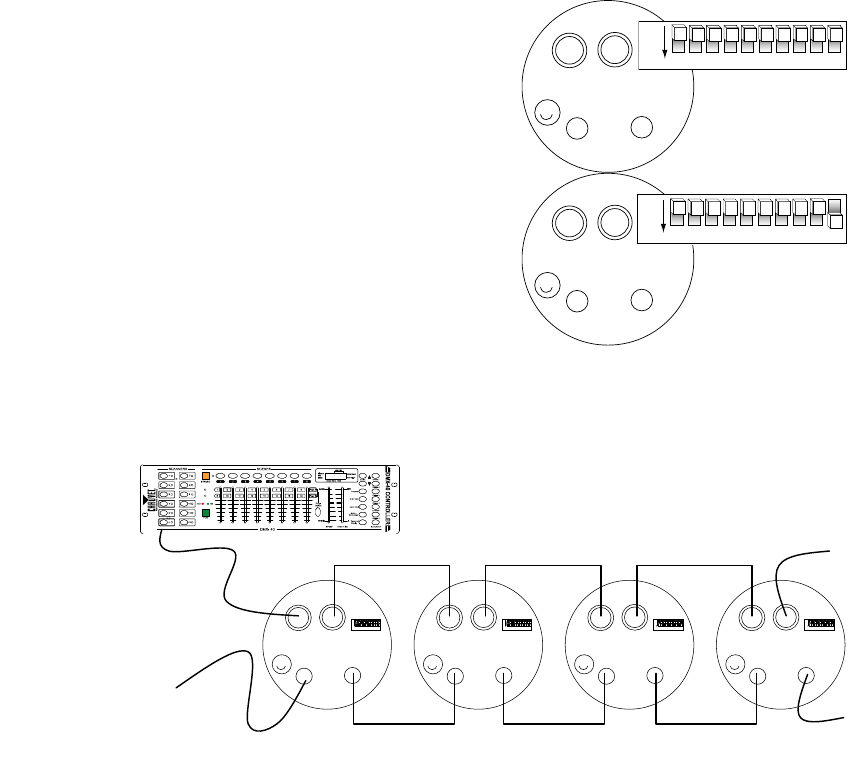
LED-RAIN36 User Manual 7 2006-07-14/15:25
1
2
3
4
5
6
7
8
9
01
ON
FUSE
POWER
IN AC
POWER
OUT AC
IN
OUT
DMX512
COLORsplash Jr.
TM
1
2
3
4
5
6
7
8
9
01
ON
FUSE
POWER
IN AC
POWER
OUT AC
IN
OUT
DMX512
COLORsplash Jr.
TM
1
2
3
4
5
6
7
8
9
10
ON
Master Setting
Slave Setting
1
2
3
4
5
6
7
8
9
10
ON
1
2
3
4
5
6
7
8
9
01
ON
FUSE
POWER
IN AC
POWER
OUT AC
IN
OUT
DMX512
COLORsplash Jr.
TM
1
2
3
4
5
6
7
8
9
01
ON
FUSE
POWER
IN AC
POWER
OUT AC
IN
OUT
DMX512
COLORsplash Jr.
TM
1
2
3
4
5
6
7
8
9
01
ON
FUSE
POWER
IN AC
POWER
OUT AC
IN
OUT
DMX512
COLORsplash Jr.
TM
1
2
3
4
5
6
7
8
9
01
ON
FUSE
POWER
IN AC
POWER
OUT AC
IN
OUT
DMX512
COLORsplash Jr.
TM
Optional DMX Controller
AC Line
Use 3-pin XLR DMX cable
Use AC linking cable for convenience. As many as 50 par cans
can be powered from one AC daisy chain connection.
Continue
Continue
OPERATING INSTRUCTIONS
The LED-RAIN36 is a DMX-512 controllable, pinspot made up of highly efficient and super bright
white LEDs. The LED-RAIN36 can operate in Stand-Alone, Master/Slave and via DMX-512 control
utilizing 2 channels.
Master/Slave & Stand-Alone Mode
The Master/Slave mode will allow you to link up to as many units you want in a daisy chain fashion. In
this mode, the first unit in the daisy chain will automatically command all other units following.
1. Connect all LED-RAIN36 units in a daisy
chain fashion as described in the section
following.
2. Master Unit: Set dipswitch #10 to OFF.
3. Slaves: Set dipswitch # 10 to the ON position
and all others to the OFF position.
4. You can also run the fixtures in an automatic
stand-alone mode by simply setting all
fixtures to run as master units.
Daisy Chain Connection
1. Connect the (male) 3 pin connector side of
the DMX cable to the output (female) 3 pin connector of the first fixture.
2. Connect the end of the cable coming from the first fixture which will have a (female) 3 pin
connector to the input connector of the next fixture consisting of a (male) 3 pin connector. Then,
proceed to connect from the output as stated above to the input of the following fixture and so on.




